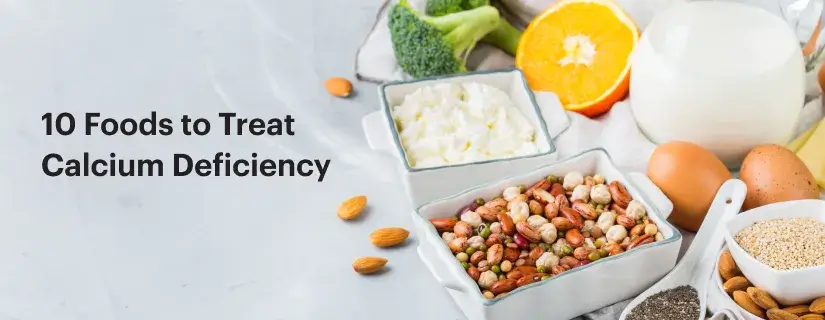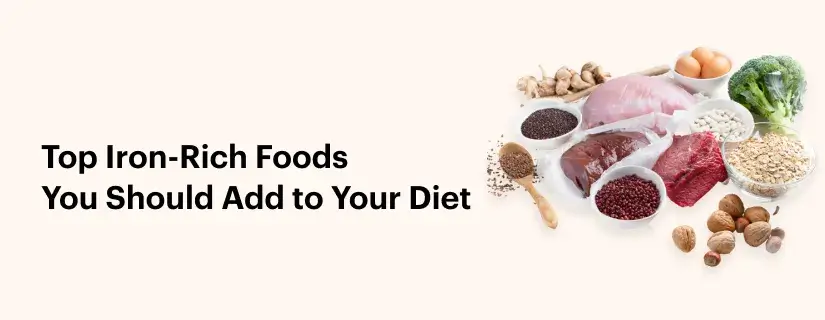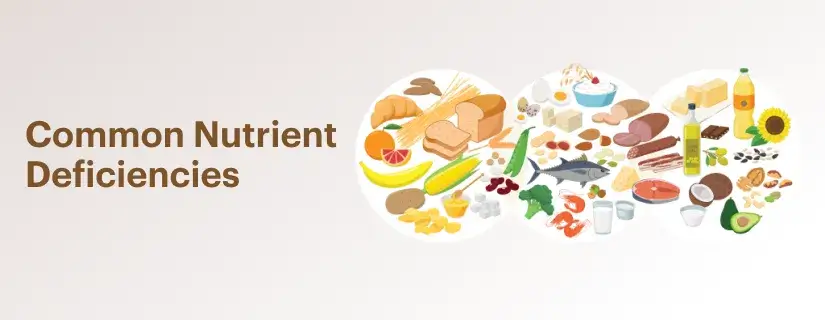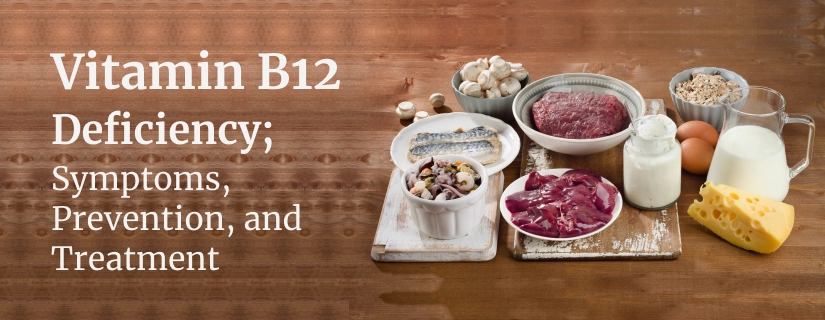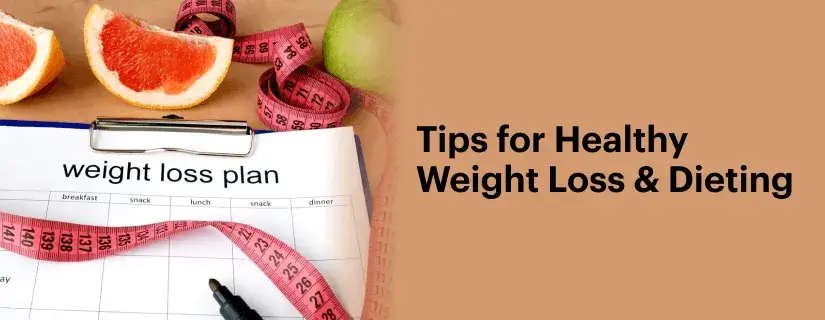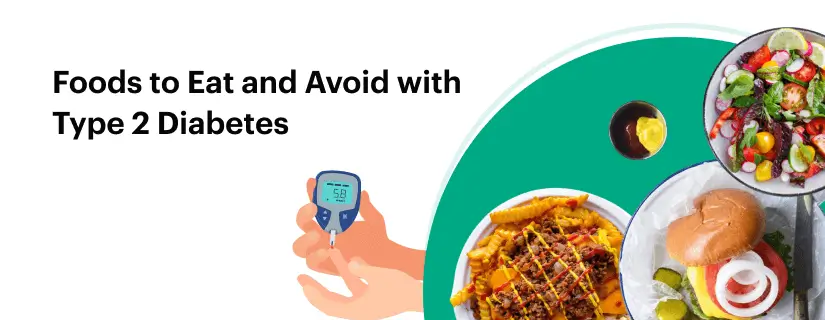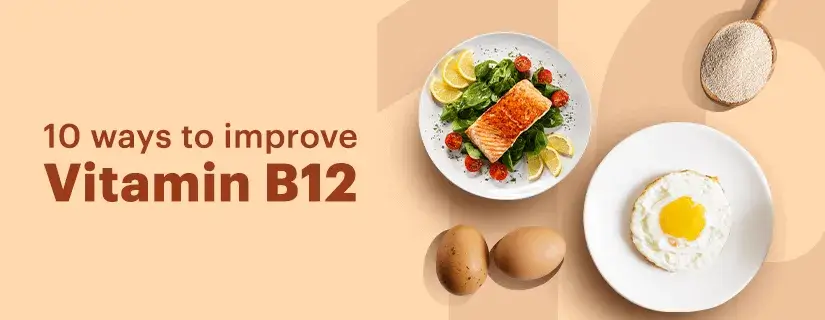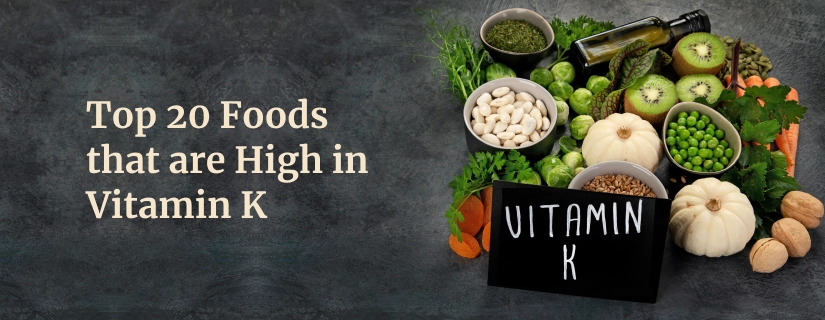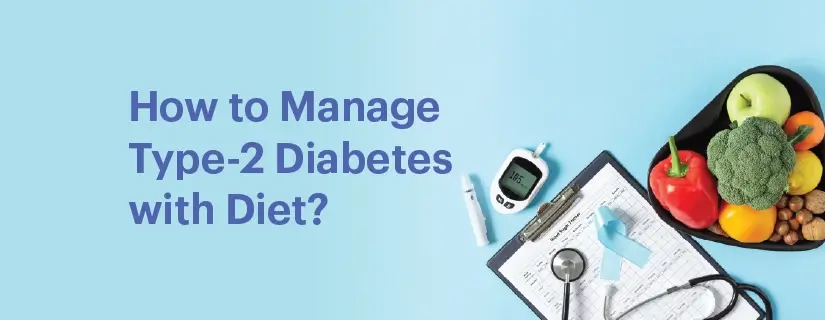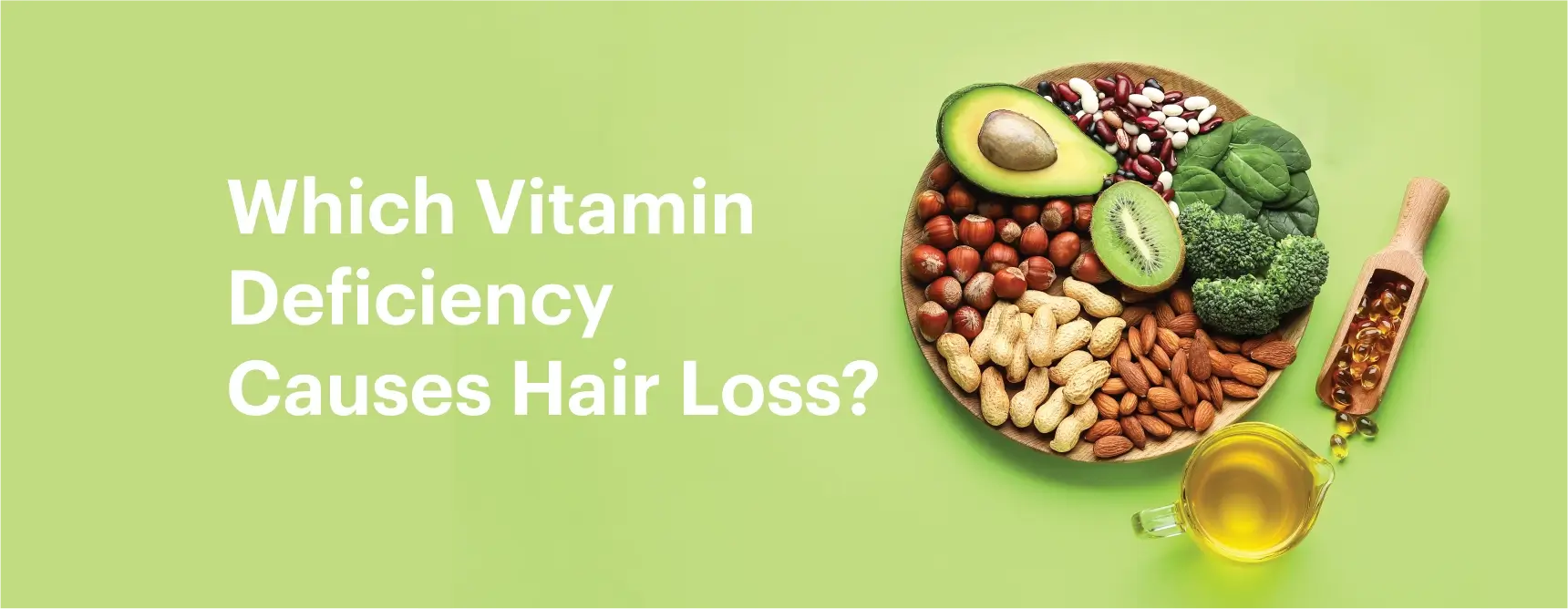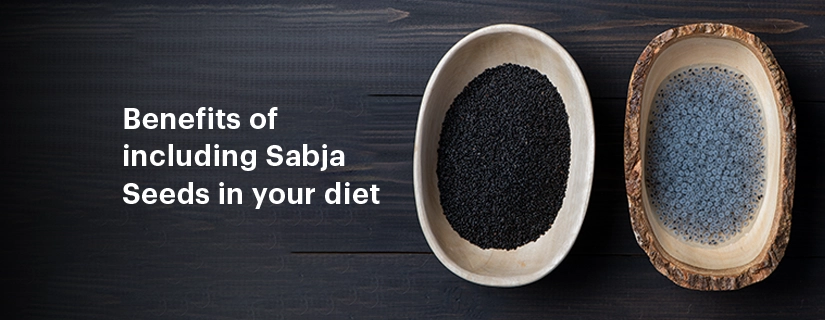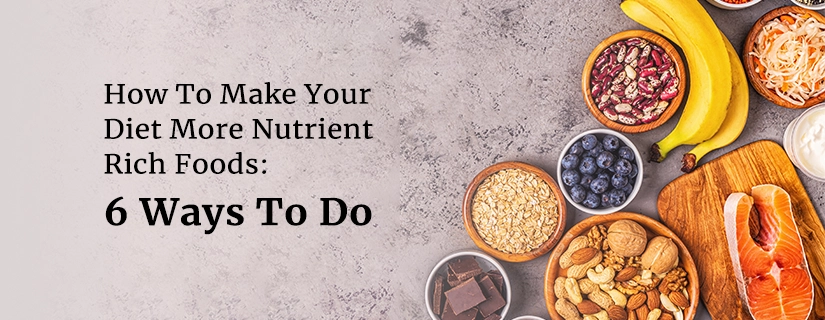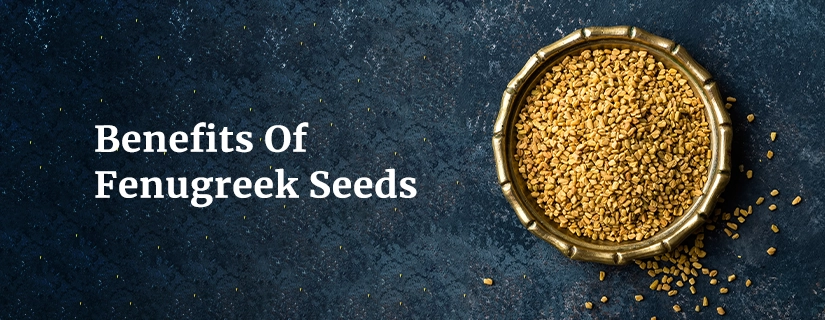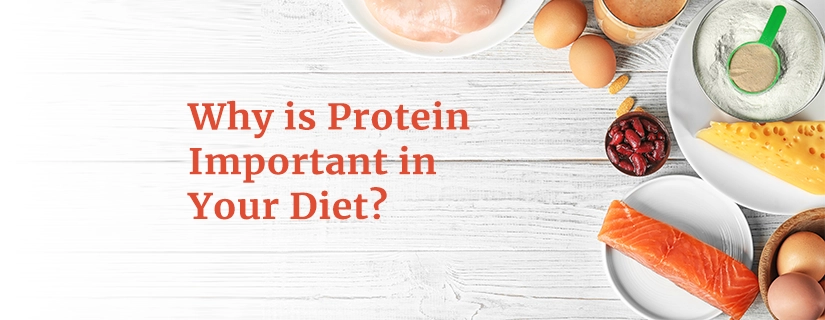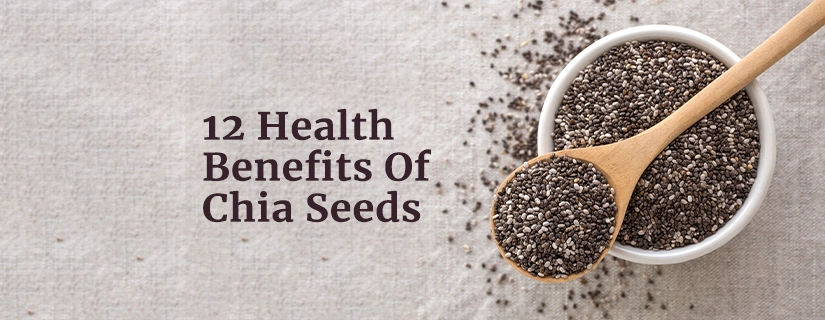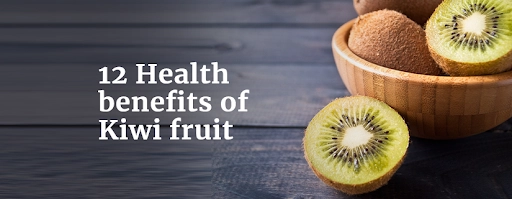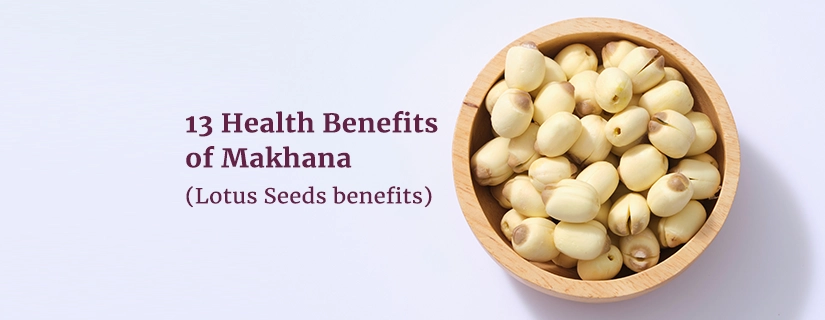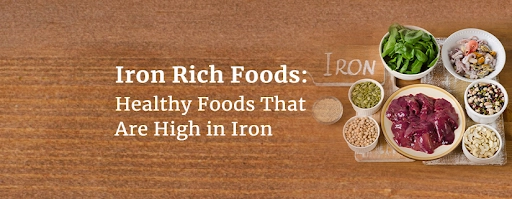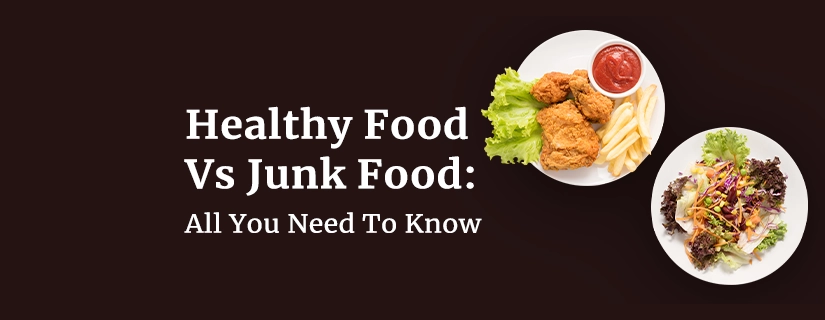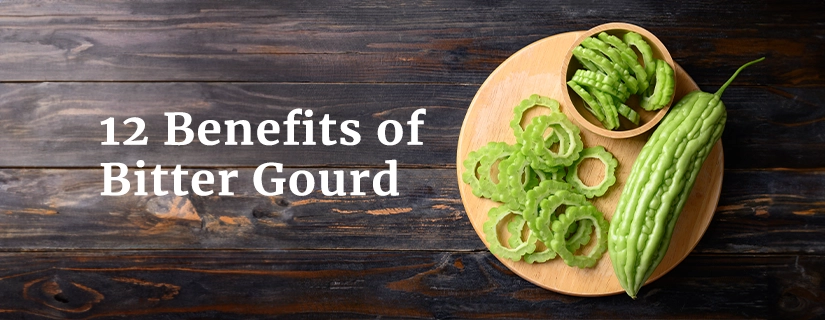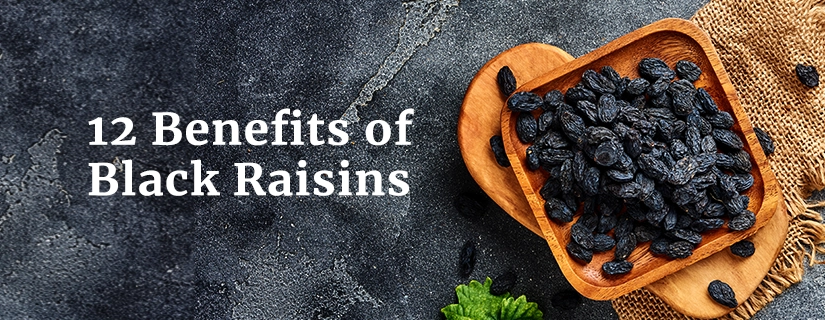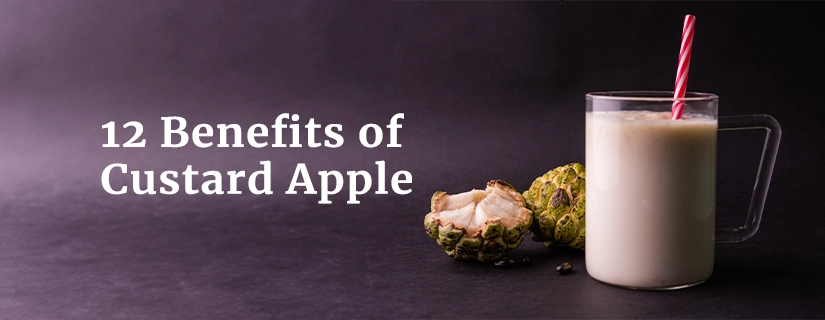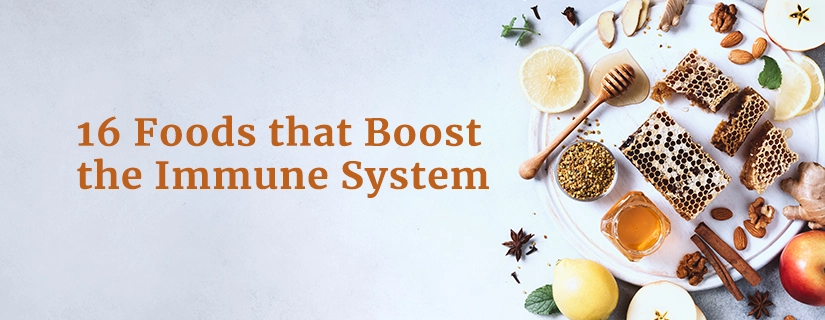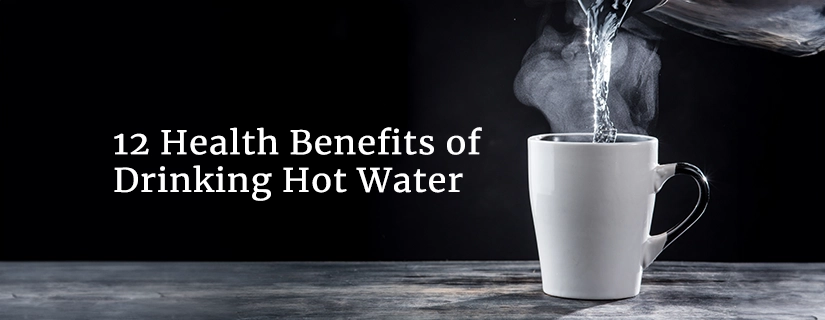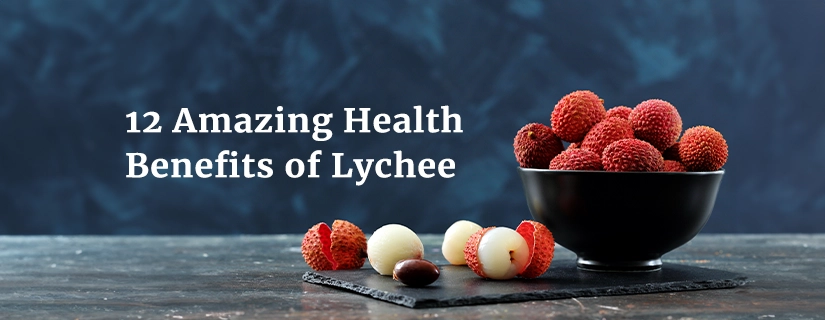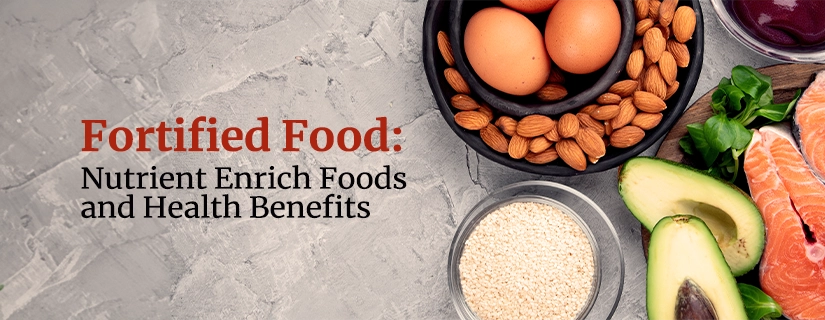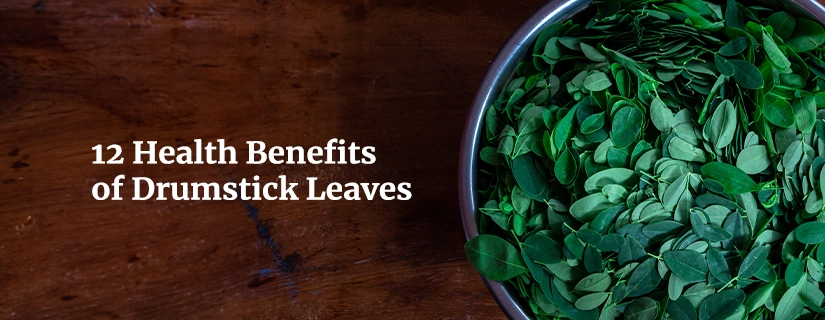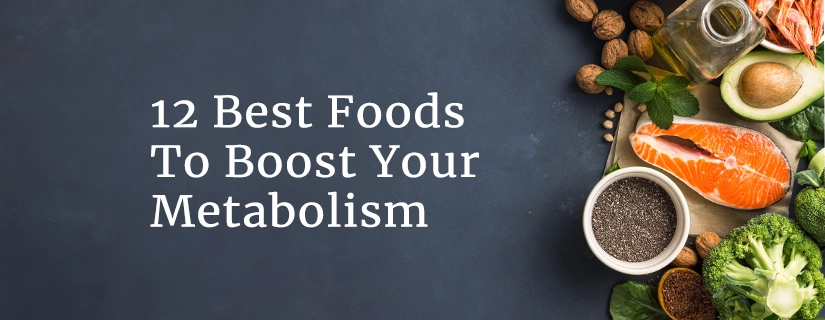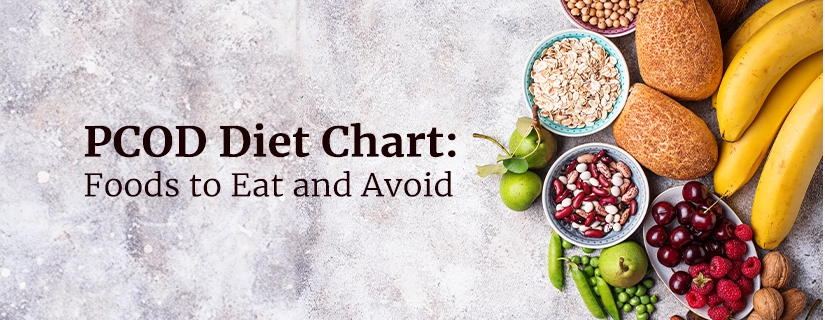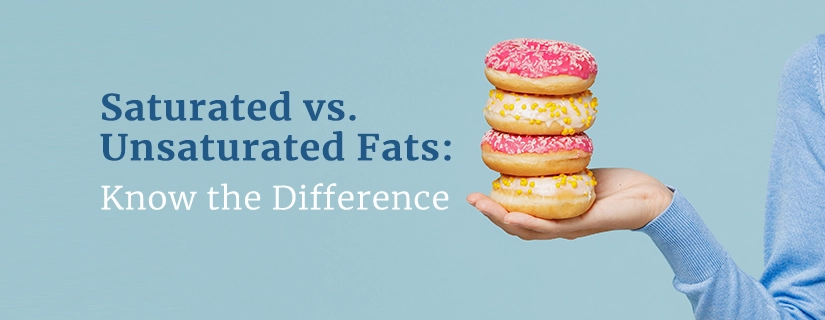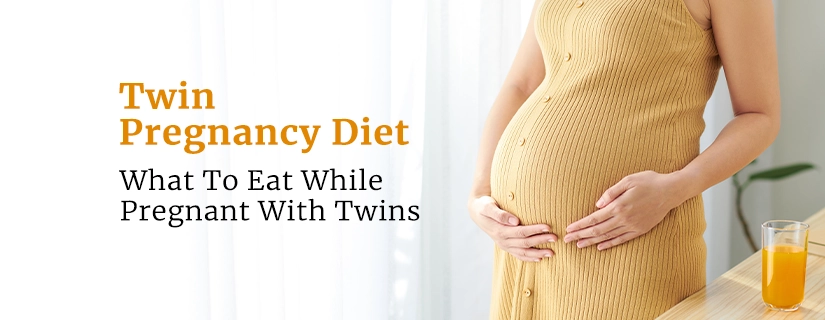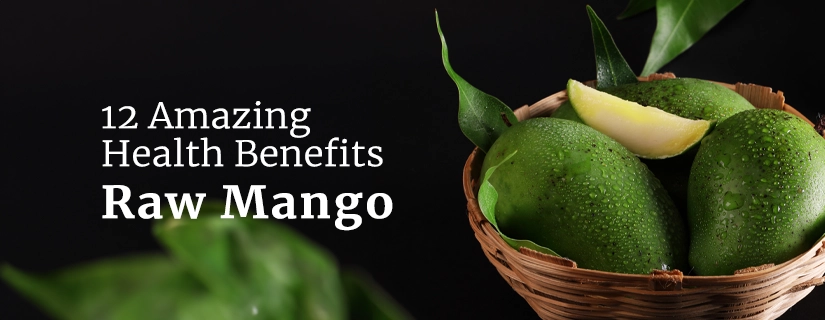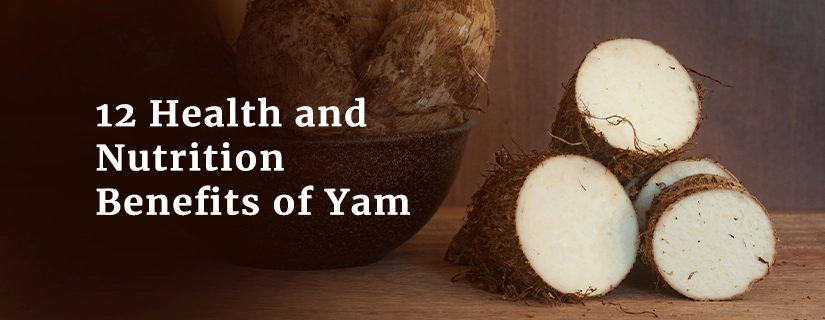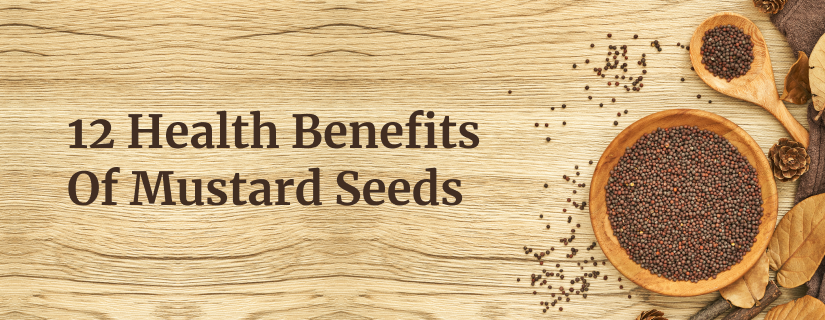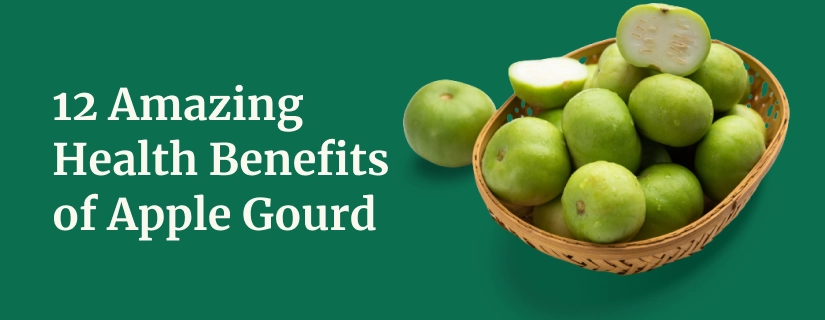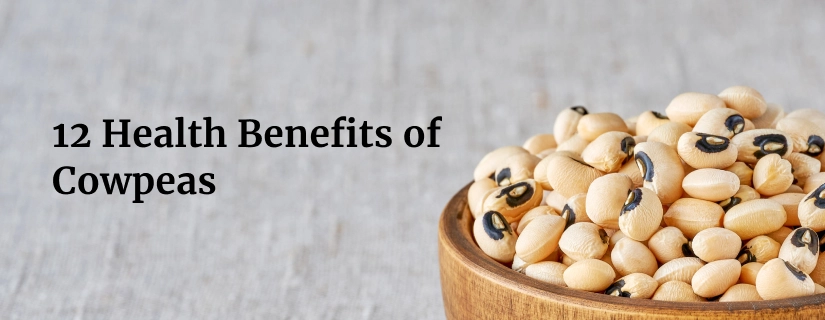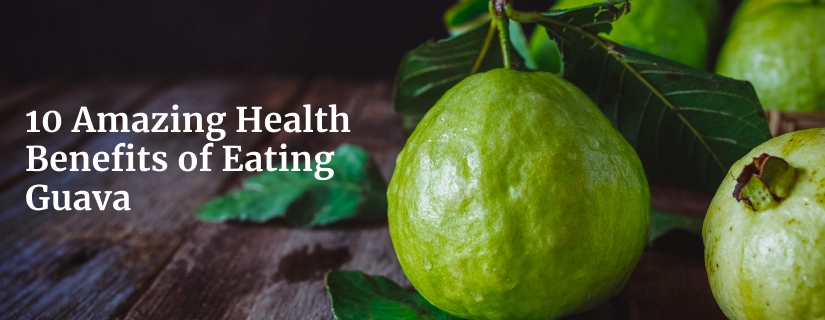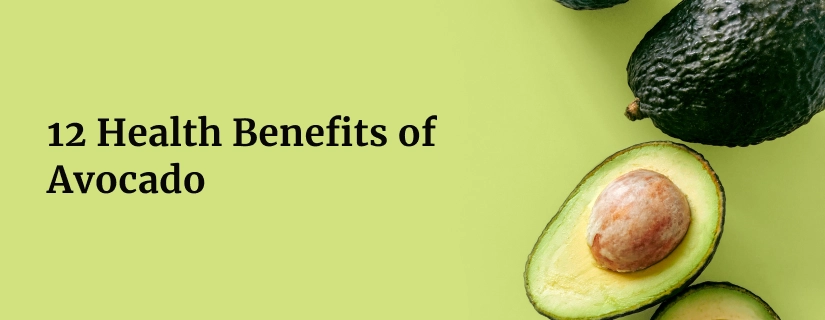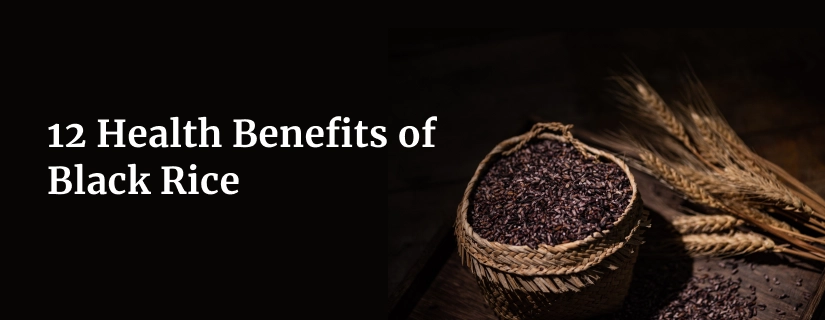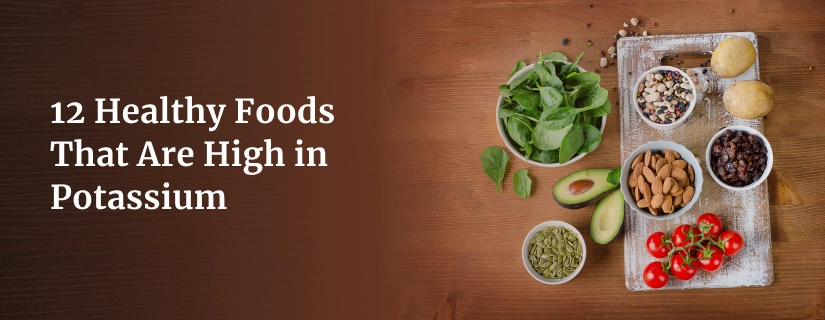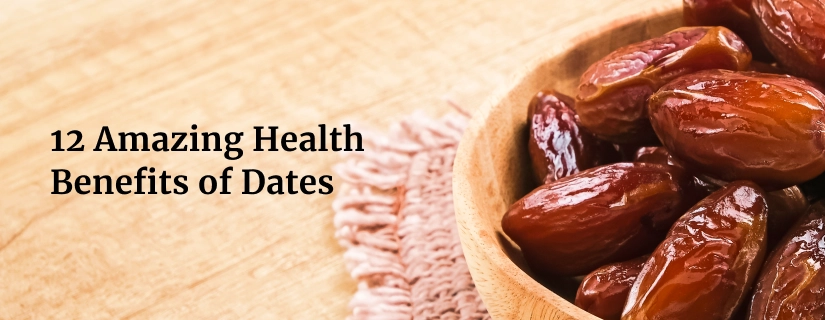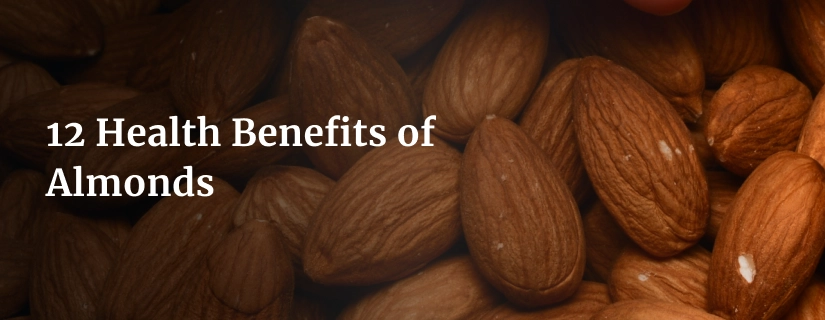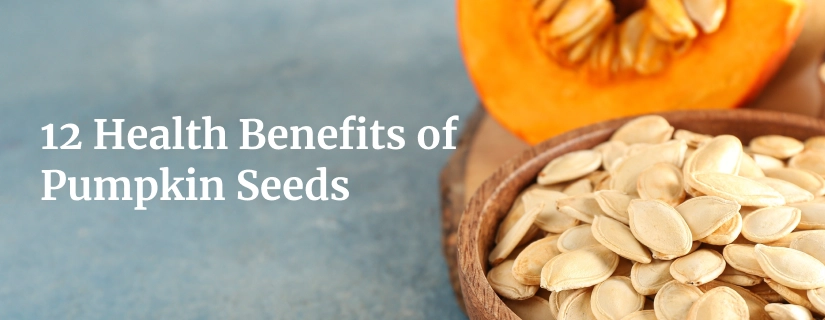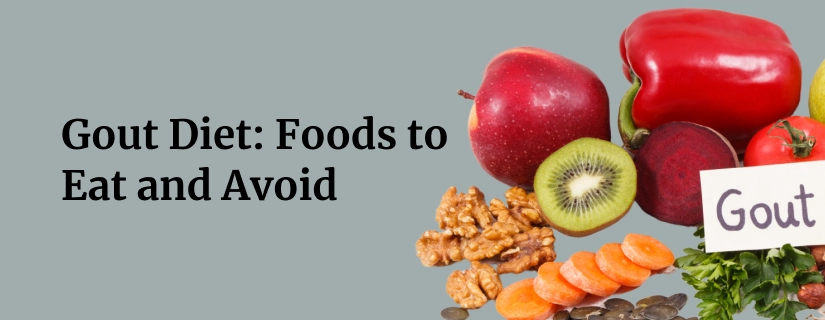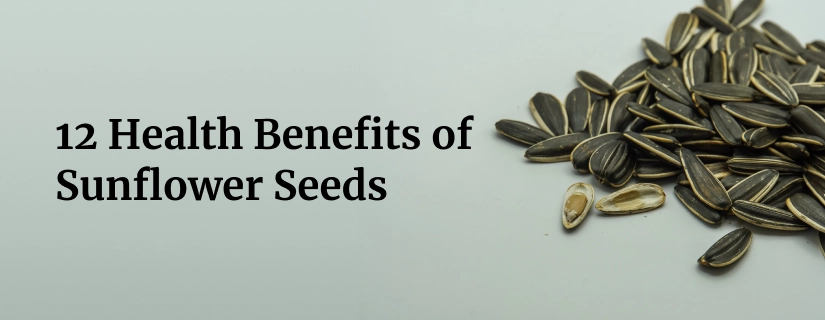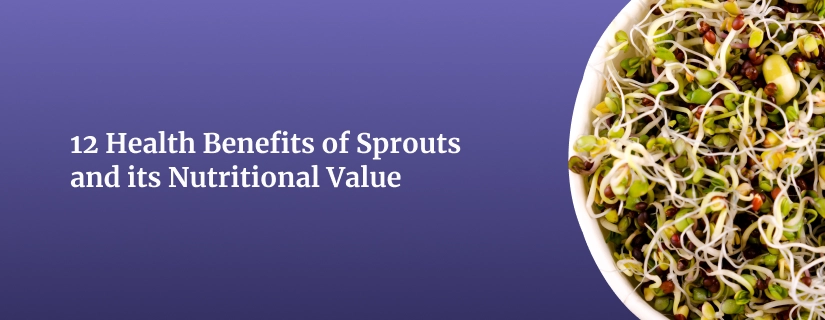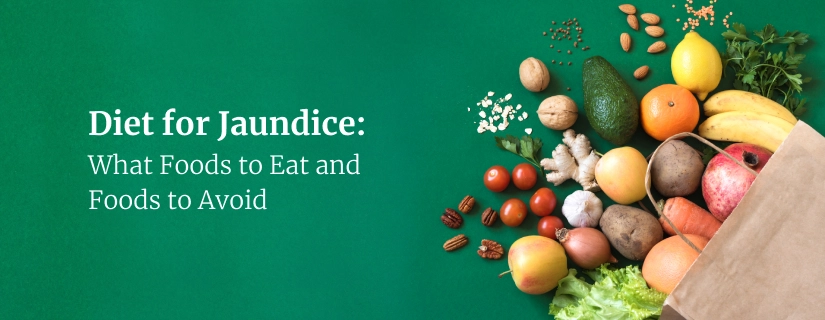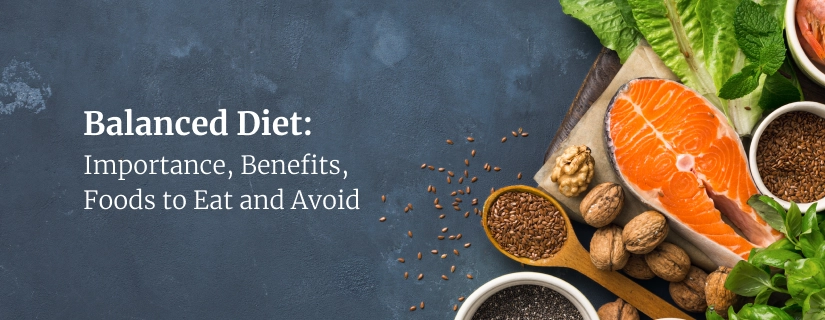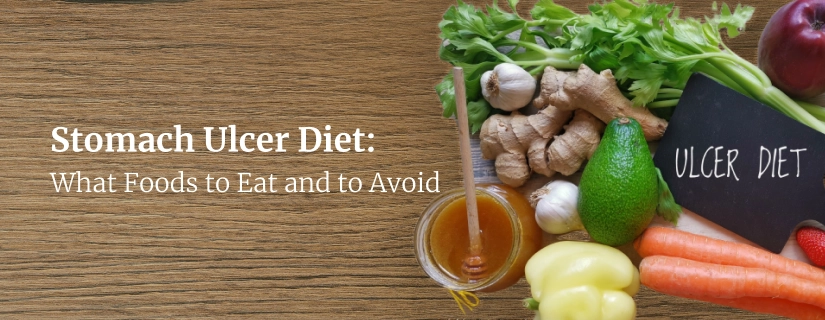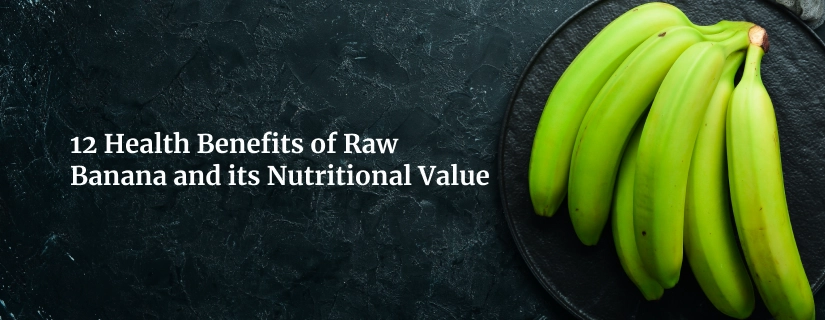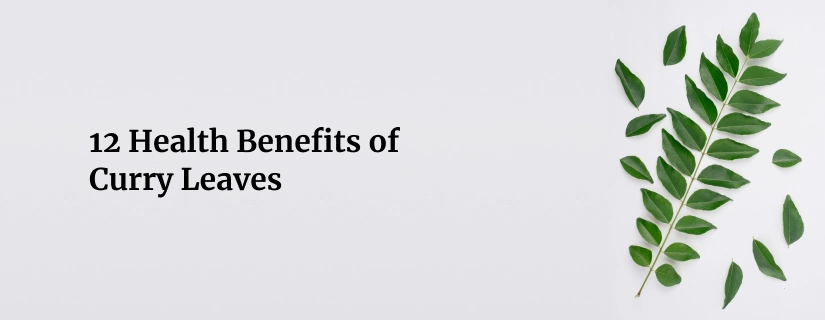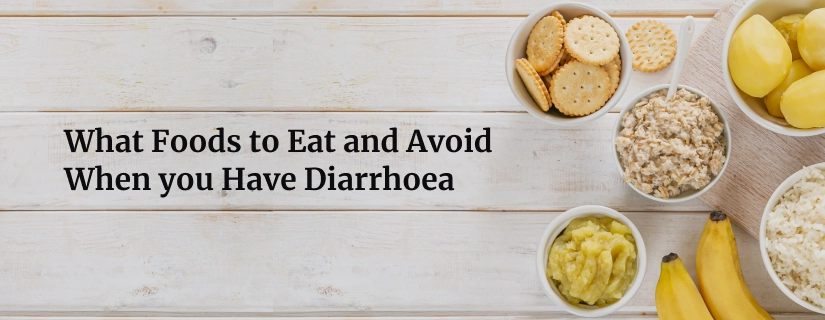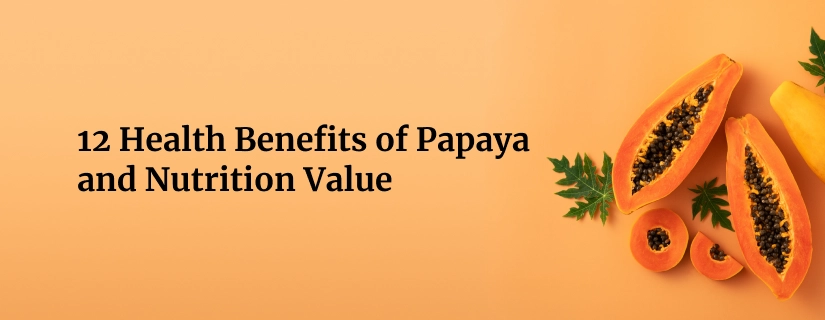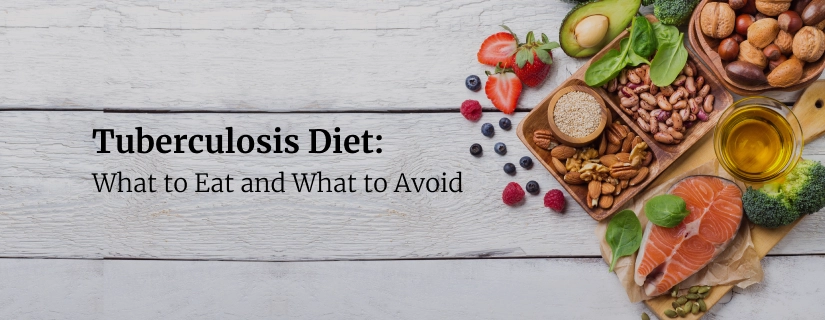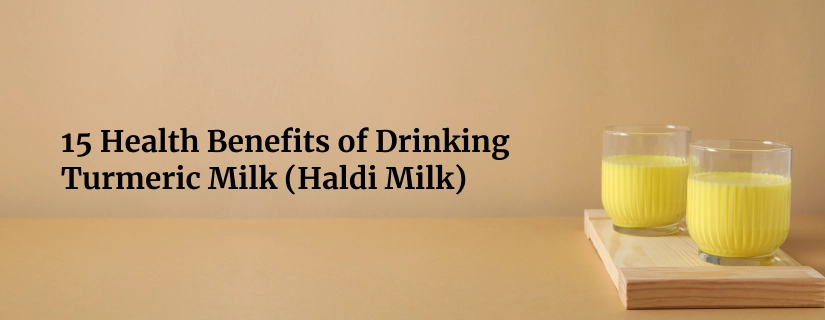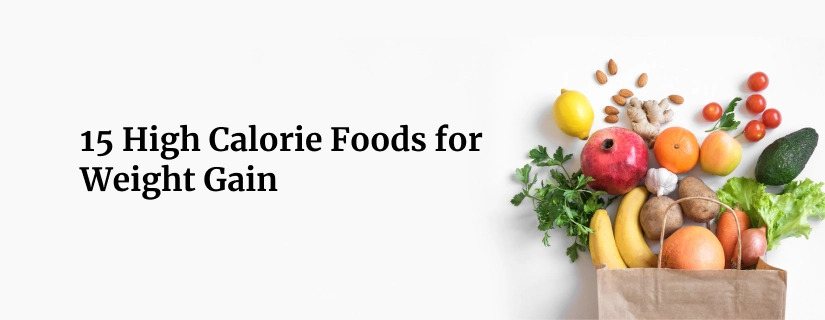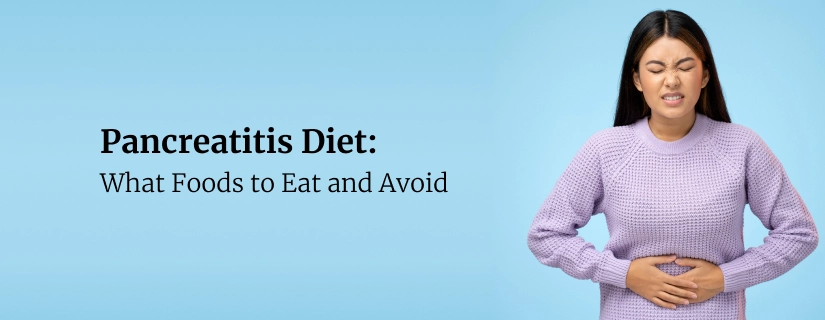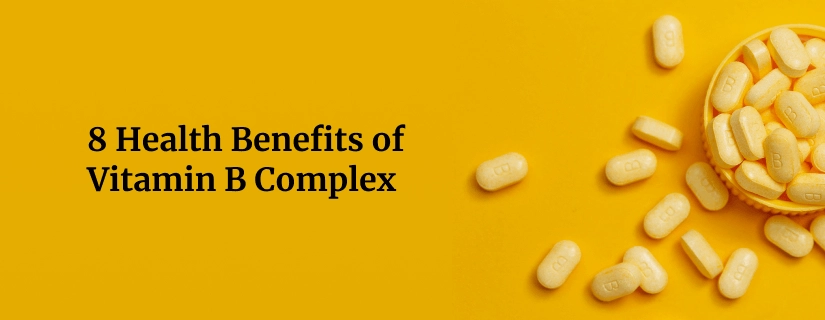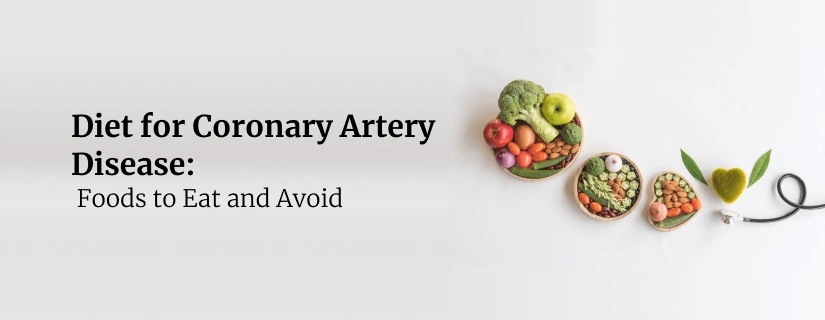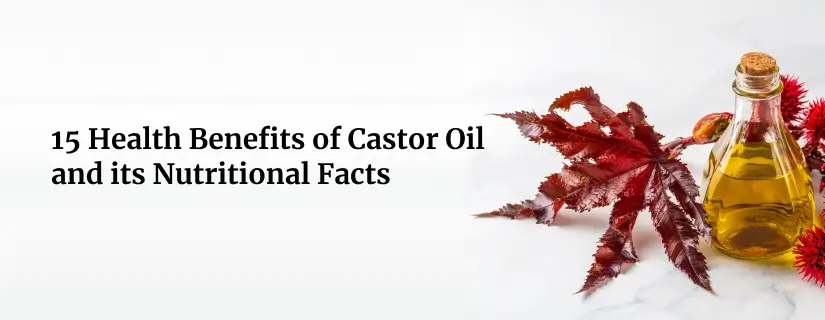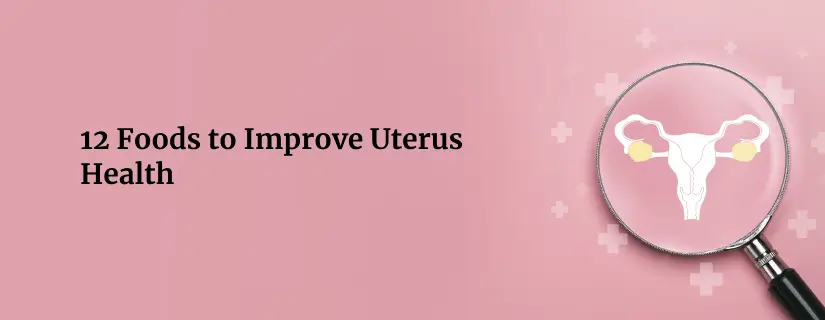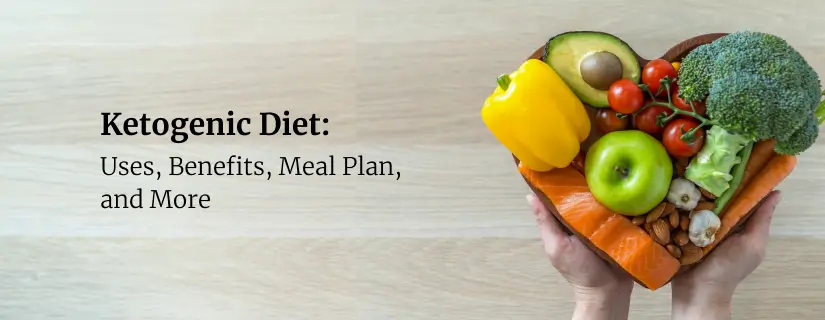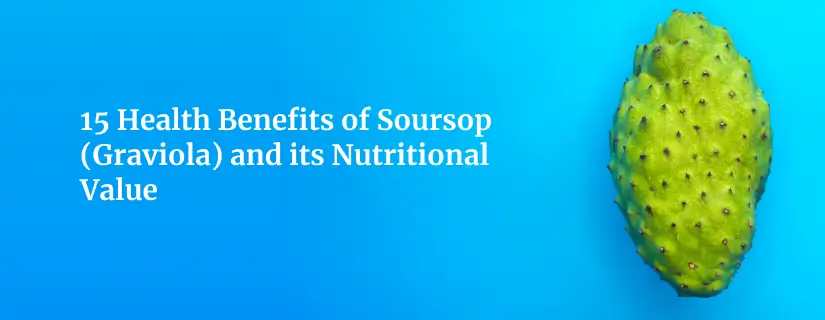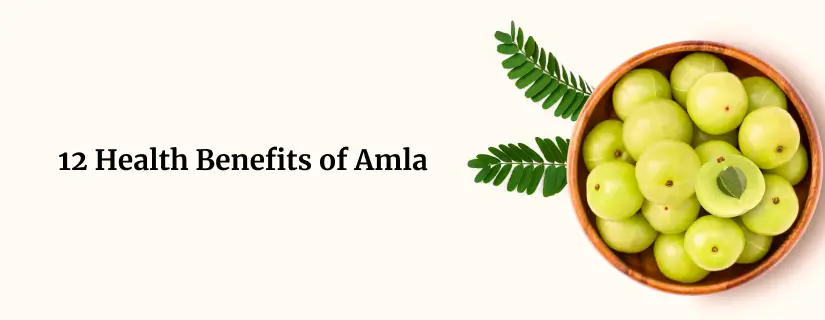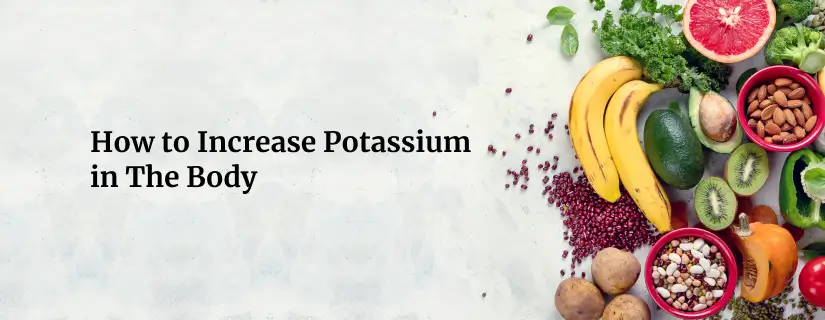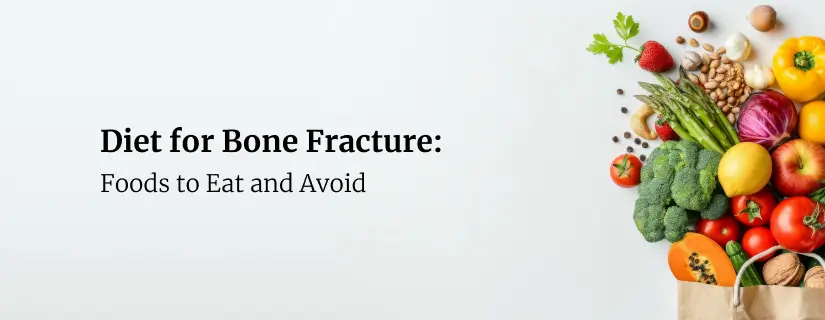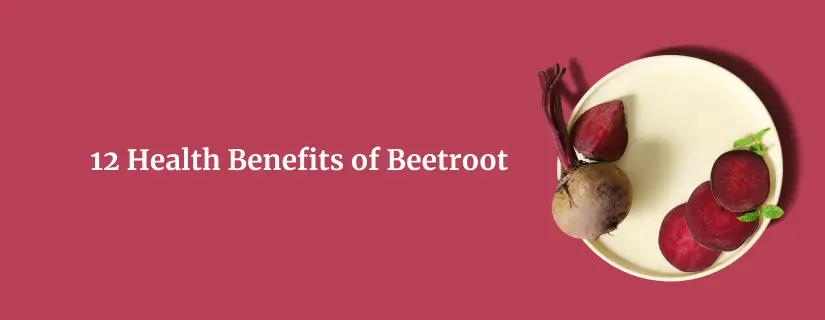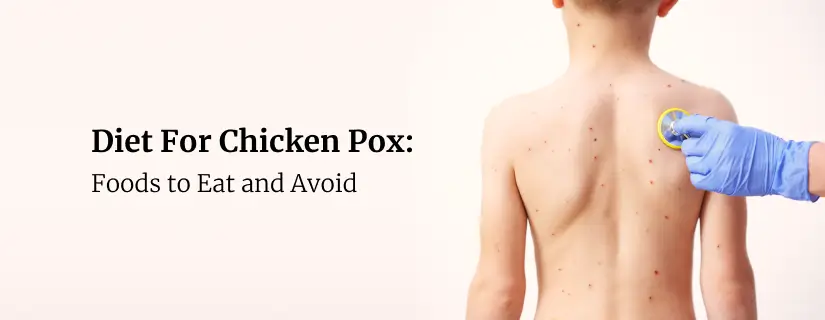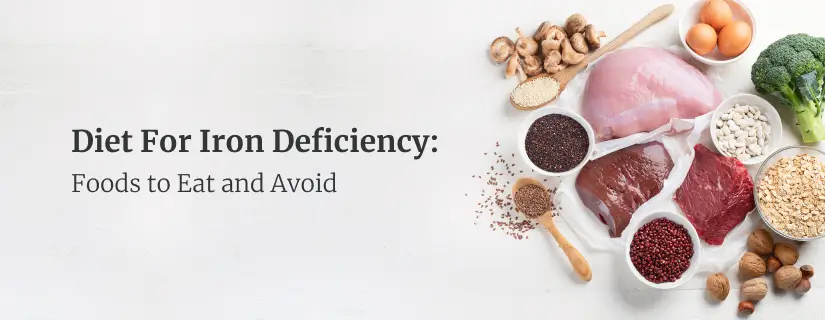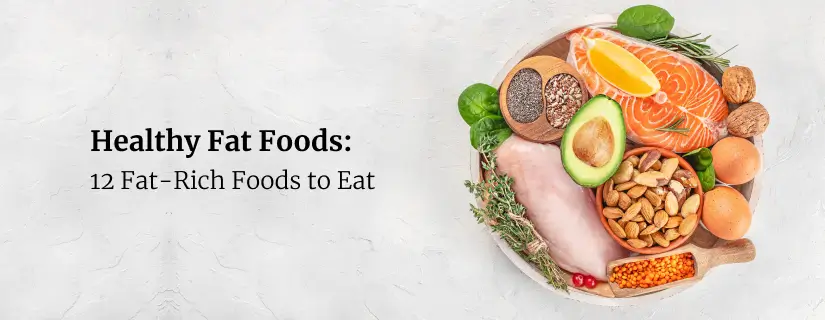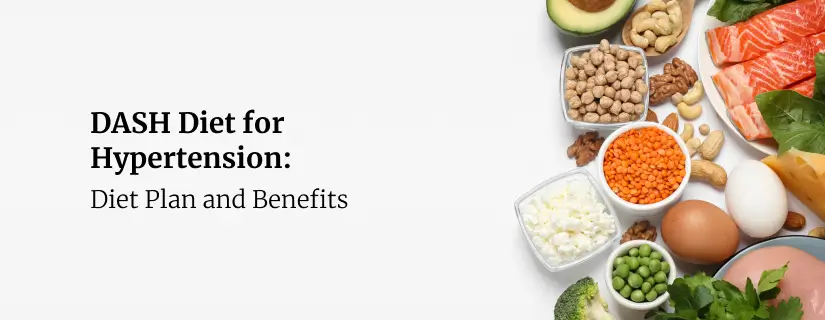-
Doctors
-
Specialities & Treatments
Centre of Excellence
Specialties
Treatments and Procedures
Hospitals & Directions HyderabadCARE Hospitals, Banjara Hills CARE Outpatient Centre, Banjara Hills CARE Hospitals, HITEC City CARE Hospitals, Nampally Gurunanak CARE Hospitals, Musheerabad CARE Hospitals Outpatient Centre, HITEC City CARE Hospitals, Malakpet
HyderabadCARE Hospitals, Banjara Hills CARE Outpatient Centre, Banjara Hills CARE Hospitals, HITEC City CARE Hospitals, Nampally Gurunanak CARE Hospitals, Musheerabad CARE Hospitals Outpatient Centre, HITEC City CARE Hospitals, Malakpet Raipur
Raipur
 Bhubaneswar
Bhubaneswar Visakhapatnam
Visakhapatnam
 Nagpur
Nagpur
 Indore
Indore
 Chh. Sambhajinagar
Chh. SambhajinagarClinics & Medical Centers
Book an AppointmentContact Us
Online Lab Reports
Book an Appointment
Consult Super-Specialist Doctors at CARE Hospitals
15 High Rich Protein Foods for a Healthy Diet
Updated on 28 March 2024
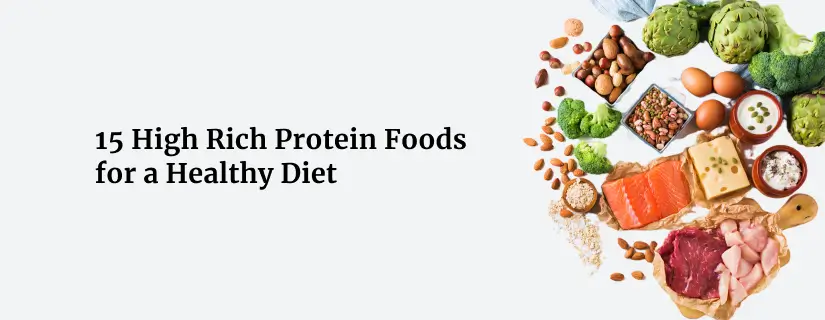
A balanced diet is vital for good health and should consist of three macronutrients: carbohydrates, fats, and proteins. But nowadays, health-conscious people and fitness enthusiasts are particular about their protein intake in their diet, but why is it so?
Protein is an essential micronutrient required for proper cell growth and keeping the body functioning. Consuming a high-protein diet helps to:
- Curb hunger and appetite, giving a feeling of fullness
- Increase muscle mass and strength
- Improve bone health
- Burn fat faster
- Reduce blood pressure
- Increase rate of recovery
- Keep kidney problems at bay
With so many benefits from consuming high-protein foods, it is natural to wonder what are the natural sources of protein, especially in high amounts. Where can vegetarians get protein-rich foods apart from meat-like foods? How much protein is enough for me?
In this blog, we have provided a comprehensive list of natural protein sources so that you can incorporate them into your diet and start your journey towards good health today.
How Much Protein Should You Eat?
Although protein is an essential macronutrient, consuming more than you require is not suggested. The daily protein requirement varies from person to person, especially with age, gender, weight and level of physical activity.
The nutritional value of protein is measured based on the number of amino acids. About 10-35 percent of calories come from protein sources, which is roughly 46 grams (g) of protein for adult women and 56 g for adult men. Pregnant and lactating women may require 65 g of protein.
15 High Protein Foods (What Food Has The Highest Protein?)
Here are 15 high-rich protein food options to choose from, with some protein-rich foods vegetarian people can choose to include in their diet and get the best out of their diet:
- Chicken: Boneless and skinless chicken breast is one of the best high-protein foods. It is the most common protein source consumed by bodybuilders and athletes, as boneless and skinless chicken breasts don't have any saturated fats. Chicken breast contains 31 grams of protein per 100 grams and provides 160 calories. While any part of the chicken is good for consumption, chicken breast is recommended as a lean meat option, which is low in fat.
- Egg whites: It is one of the best protein sources for those who don't consume meat or seafood. Eggs contain almost all essential amino acids necessary for protein formation. One whole egg provides about 73.9 calories and 6.2 g protein while egg whites provide 17 calories and 3.6 g protein. So, egg yolk or not, you get a good source of protein when consumed more than four times a week.
- Seafood: Lean protein seafood options include salmon and tuna, which are loaded with vital nutrients like heart-healthy omega-3 fatty acids and have less saturated fat and cholesterol than any other animal protein. Thus, these can be a healthier alternative for those who don't consume meat. 100 g of tuna provides about 90 calories, 19 g of protein, 0.2 g of saturated fat, and 0.9 g of total fat, while the same quantity of salmon can provide 121 calories, 16.8 g of protein, 0.8 g of saturated fat, and 5.4 g of total fat.
- Cottage cheese (paneer): Paneer stands out as an alternative to meat among the vegetarian protein options. It is rich in casein protein and provides 18 g protein per 100 grams of serving.
- Plain low-fat Greek yoghurt: It is essential to choose plain Greek yoghurt over flavoured ones that contain more carbohydrates and fats. Plain Greek yoghurt provides 10 g of protein.
- Low-fat/Skimmed milk: Milk has always been considered a complete food as it is full of proteins, carbohydrates, vitamins, calcium, and minerals, among other vital nutrients. However, if you're looking for more protein and less fat options, you should choose low-fat or skimmed milk as it has more proteins and no fats and carbohydrates. One cup of skimmed milk provides 8 grams of protein.
- Soy-based products: Soybean is considered an excellent protein alternative to meat food options due to its protein richness. You can consume soybeans as they are or other products derived from soybeans, such as soy milk, soy yoghurt, etc. It is also a great source of vitamin C and contains low fats and no carbohydrates at all. Lactose-intolerant or vegetarian people can consume soybeans and its products without any trouble. It contains 36 grams of protein per 100 grams.
- Tofu: Tofu is a soybean product which is a good source of plant-based protein. One cup serving of tofu contains 360 calories and 43.6 g protein.
- Quinoa: Quinoa is a gluten-free plant food that is packed with all essential amino acids. One cup of cooked quinoa contains 8 grams of protein. It’s also a good source of fibre, containing 4 g in the same-sized serving.
- Oats: Oats are the new superfood for health-conscious people and an excellent source of protein. 100 g of oats contain 11 g proteins.
- Seeds: Various plant-based seeds, such as sunflower seeds, watermelon seeds, flax seeds, chia seeds, hemp seeds, etc., are excellent protein sources and provide ample fibre and various essential micronutrients. They also contain omega-3 fatty acids, which are suitable for your immunity and heart and liver health. On average, ¼ cup seeds provide around 9 grams of protein.
- Nuts and nut butters: Nuts such as groundnuts, almonds, and cashews are rich in proteins, unsaturated fats, and satiating fibres. They help keep the stomach fuller for a long time and reduce cravings. Similarly, butter derived from these nuts is also high in protein, potassium, and fibre. Each ¼ cup serving of nuts provides 7-9 g proteins.
- Red Lentils: Lentils, particularly red lentils, are an excellent protein source for vegetarians. They contain 27.1 g of protein per 100 g servings.
- Split Chickpeas: Chickpea curry or dal is a common Indian side dish which is also high in protein and low in fat. Each 100 g serving provides about 9 g of protein.
- Whey protein: Whey protein powder is a concentrated protein supplement, providing around 70-80 grams of protein per 100 grams.
Conclusion
Various natural, plant-based protein sources are available for non-vegetarians and vegetarians alike. Among the non-vegetarian options, chicken provides the most protein, while among the vegetarian options, paneer, soy, and soy-based products provide the most amounts of protein
FAQs
1. Is the protein requirement the same for men and women?
Men and women require different amounts of protein. The recommended daily dose of protein is between 46-63 g for adults, where men require higher amounts of protein, and for pregnant and lactating females, it is 65 g.
2. Can I eat protein-rich food at night?
If ample amounts of protein are taken before bed, it is possible to gain muscles and cause a spike in growth hormones.
3. What is the best time to eat protein-rich food?
The best time to consume protein is during breakfast.
4. Are high-protein foods good for you?
For most healthy people, consuming a high-protein diet doesn't hurt when followed for a short time. However, health issues may crop up if followed for a longer time.
5. Will a high protein diet cause weight loss?
Consuming more protein than the recommended dietary allowance can help induce weight loss, but it should be done in moderation and not very frequently. A daily protein intake of 30% of calories is optimal for weight loss.

ENQUIRY FORM
SELECT CATEGORIES
-
Neurosciences (16)
-
Neurology (38)
-
Neurosurgery (14)
-
Orthopaedics (48)
-
Oncology (33)
-
Obstetrics and gynecology (52)
-
Pulmonology (23)
-
Urology (20)
-
Nephrology (13)
-
Psychiatry (7)
-
Dietetics and Nutrition (111)
-
General Medicine (63)
-
Cardiac Sciences (32)
-
Vascular & Endovascular Surgery and Interventional Radiology (15)
-
Gastroenterology (46)
-
Endocrinology (23)
-
Plastic Surgery (10)
-
Critical Care Medicine (5)
-
COVID-19 (16)
-
Dermatology (16)
-
Emergency Care (1)
-
Ophthalmology (4)
-
Pediatrics (14)
-
Laparoscopic and Bariatric Surgery (8)
-
ENT (15)
-
Kidney Transplant (1)
-
Liver Transplantation and Hepatobiliary Surgery (5)
-
General Surgery (3)
-
Internal Medicine (5)
-
Medicine Information
12 Foods High in Zinc and Their Health Benefits
How Much Protein in an Egg?
YOU MAY ALSO LIKE
RECENT BLOGS
-

Rotablation Angioplasty: Benefits, Treatments, And Recovery Time
6 February 2026
Read More
-

What Is The Difference Between IUI and IVF?
6 February 2026
Read More
-
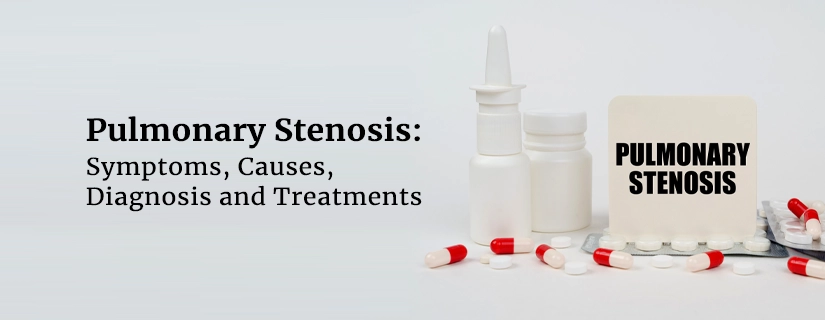
Pulmonary Stenosis: Symptoms, Causes, Diagnosis and Treatments
6 February 2026
Read More
-

Difference between Angioplasty and Angiography
6 February 2026
Read More
-

Hemoptysis (Coughing Up Blood): Causes, Treatment and Home Remedies
2 February 2026
Read More
-
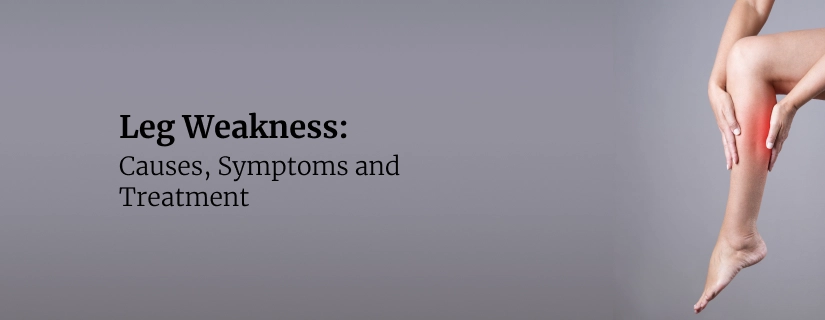
Leg Weakness: Causes, Symptoms and Treatment
9 January 2026
Read More
-

Back Pain After C-Section: Causes and Home Remedies
9 January 2026
Read More
-

Belly Button Pain (Periumbilical Pain): Causes, Treatment and When to See a Doctor
9 January 2026
Read More
Have a Question?
If you cannot find answers to your queries, please fill out the enquiry form or call the number below. We will contact you shortly.





